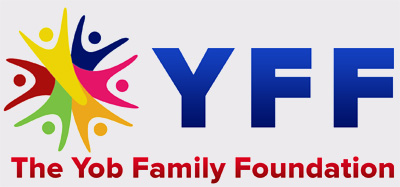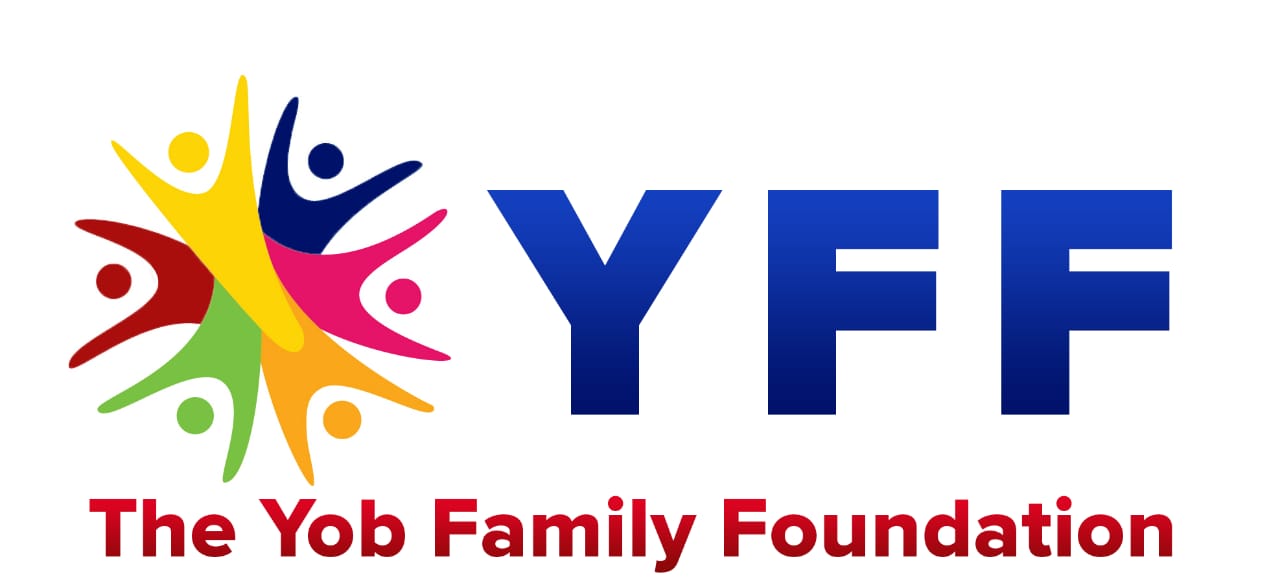One of the most difficult things about being a child is that a child’s world is very small.
As adults, we have work, family obligations, relationships, friendships, ethics and other things that preoccupy us as we struggle to maintain the exigencies of life — a roof over our heads, clothes on our backs and food in the pantry.
Children have school, friends and play, and that’s pretty much it. But what if children were faced with the harsher realities of life before they have a chance to be children and explore their own little corner of the world? What happens when a child isn’t sure where they might be living from month to month, when they are told all the possibilities of their future are restricted to a narrow bandwidth of opportunities, and when they go to bed at night unsure of whether anyone truly loves them?
There is a word for that experience in America. It’s called Foster Care. It’s a system that despite the best efforts of childcare professionals, loving foster families and a variety of dedicated charity organizations, is as close to being broken without actually collapsing under its own weight.
Moreover, recent studies are revealing that many children who grow up in the foster care system are caught in a negative cycle of mental illness, unemployment, homelessness and, frankly, hopelessness.
• Children in foster care who have chronic medical pblems: 50 percent
• Alumni (adults formerly in foster care) who experienced seven or more school changes (K-12): 65 percent
• Alumni who completed high school: 74 percent (Compare to 84 percent in the general population ages 25 to 34)
• Youth aging out of foster care who plan to attend college: 70 percent
• Alumni who completed a bachelor’s degree: 3 percent – 11 percent (Compare to 28 percent for 25- to 34-year-olds in the general population)
• Alumni who were employed at age 21: 52 percent (Compare to 66.6percent employment rate for ages 20-24 in 2008)
• Alumni who became homeless for one day or more after aging out of foster care: 22 percent (Compared to range of 2.6 percent to 6.8 percent for ages 18 to 24
who are homeless in U.S. in any given year)
• Alumni of foster care who suffer from post-traumatic stress disorder: 25 percent (This lifetime prevalence rate is similar to that of many U.S. war veterans)
For those of us who are removed from the child welfare system, some of the problems facing children who live in — and graduate — from that system will be shocking, to say the least. However, the statistics reveal that the chilling effect of the realities of foster care are breeding a hidden generation of kids who grow up to be lost and troubled adults.
The number of children in the foster care system hovers in the 400,000 range every year, so the statistics above represent a staggering number of people. For instance, the 25 percent who suffer from PTSD will amount to nearly 100,000 adults. That’s also the same number who didn’t complete high school, and almost double that number celebrated their 21st birthdays without jobs.
They could fill several football stadiums, as they go without a basic education, employment and a baseline of physical and mental health. They represent the most deserving of us, as they were not responsible for the circumstances that placed them in all of these high-risk groups.
That’s why it is so important for those of us who can to support the charities and foundations that make up the safety net for these children. Despite the hurdles they face, there is still a chance for hope, a chance for joy and a chance for life. All they require is the chance to remain children and the hope for a future that is as abundant with opportunity as any other child’s life. And, to be candid, it is the least those of us, who live in the richest free country in the world, can do for them.
About The Author
The founder and president of the Yob Family Foundation (YFF) in Tampa, Florida, Jonathan Yob is a committed philanthropist who maintains a dedication to addressing persistent gaps in social services faced by abused and neglected children. In addition to supporting programs for foster families, Jon Yob has coordinated a palliative care campaign for Tampa General Hospital that helped to build significant financial support from the larger community.

